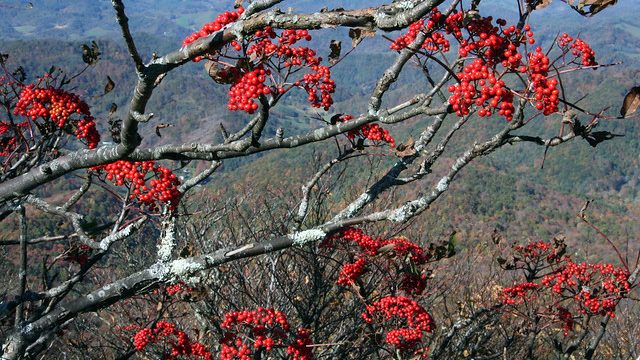The Future of Culturally Important Species in North America

Project Information
Principal Investigator: Rob Dunn, Department of Applied Ecology, NC State University
Project Completion: April 2021. This project is now complete.
Implements Science Plan Theme: Adaptation
Co-Investigators: Michael C. Gavin, Colorado State University; Matt Fitzpatrick, University of Maryland Center for Environmental Science
Overview
Many thousands of plant and animal species are culturally important to the Indigenous peoples of North America. Global change is leading to major shifts in the abundance, distribution, and life history of these species, with concomitant effects on their value to the peoples for whom they are most culturally important. While a number of studies have begun to explore the futures of culturally significant species, these studies typically do so in isolation, focusing on individual plant species and single future scenarios, and involve little engagement with the people for whom such species are most important.
A main goal of this effort focused on engaging Indigenous stakeholders, communities, and nations in conversations about the impact of climate change on their culturally important plant communities. To this end, we engaged with citizens of Southern and Eastern Tribal Nations through attendance at regional and national meetings, both in the context of formal presentations and smaller break-out group conversations. The work carried out in this project allowed development of individual partnerships with Tribes, in particular with the Seminole Tribe of Florida, resulting in an ongoing Tribal-led collaboration with the project team and SE CASC to study the impacts of climate change on their species of cultural significance. This process of relationship-building can serve as a foundation for building future collaborations between the University, USGS, and Tribal partners to assess the vulnerability of species of cultural significance to climate change.
